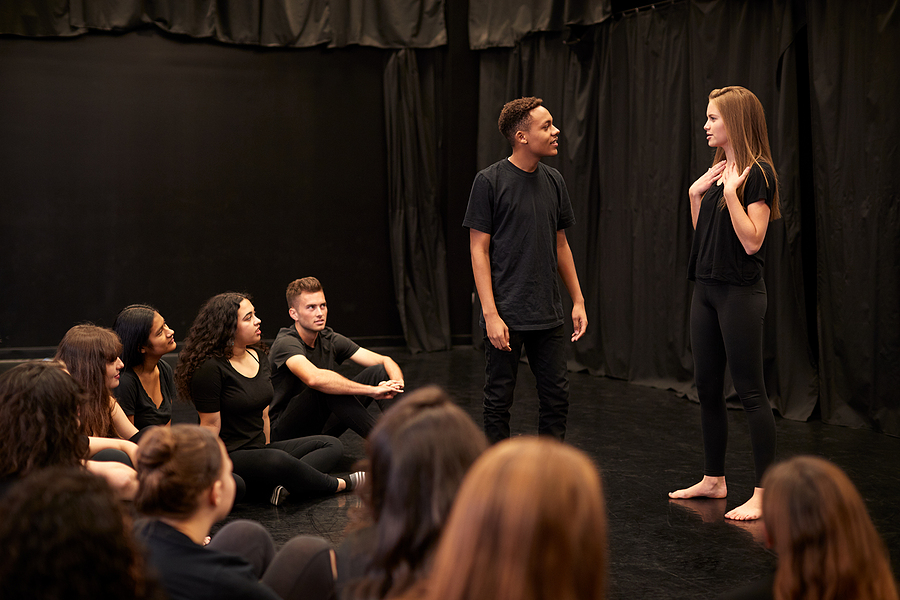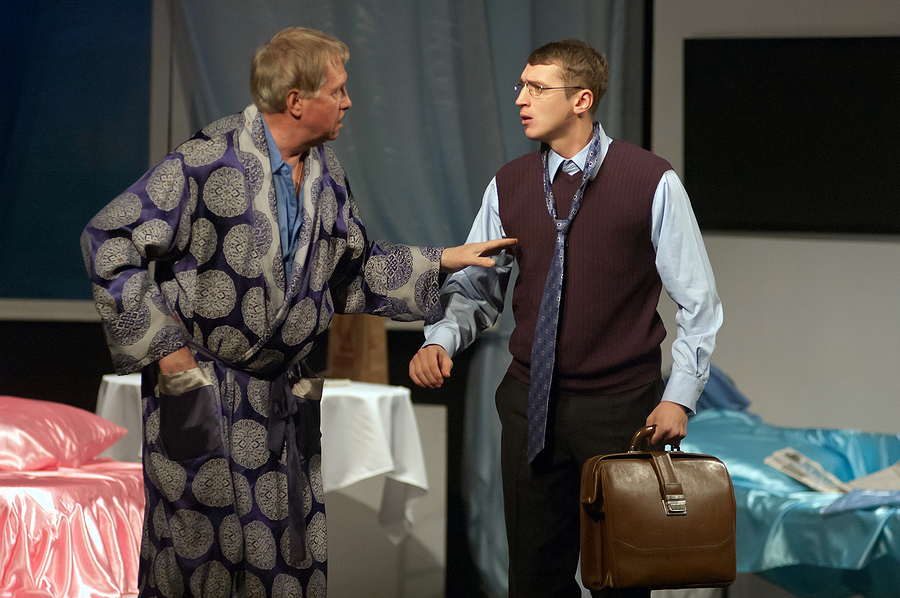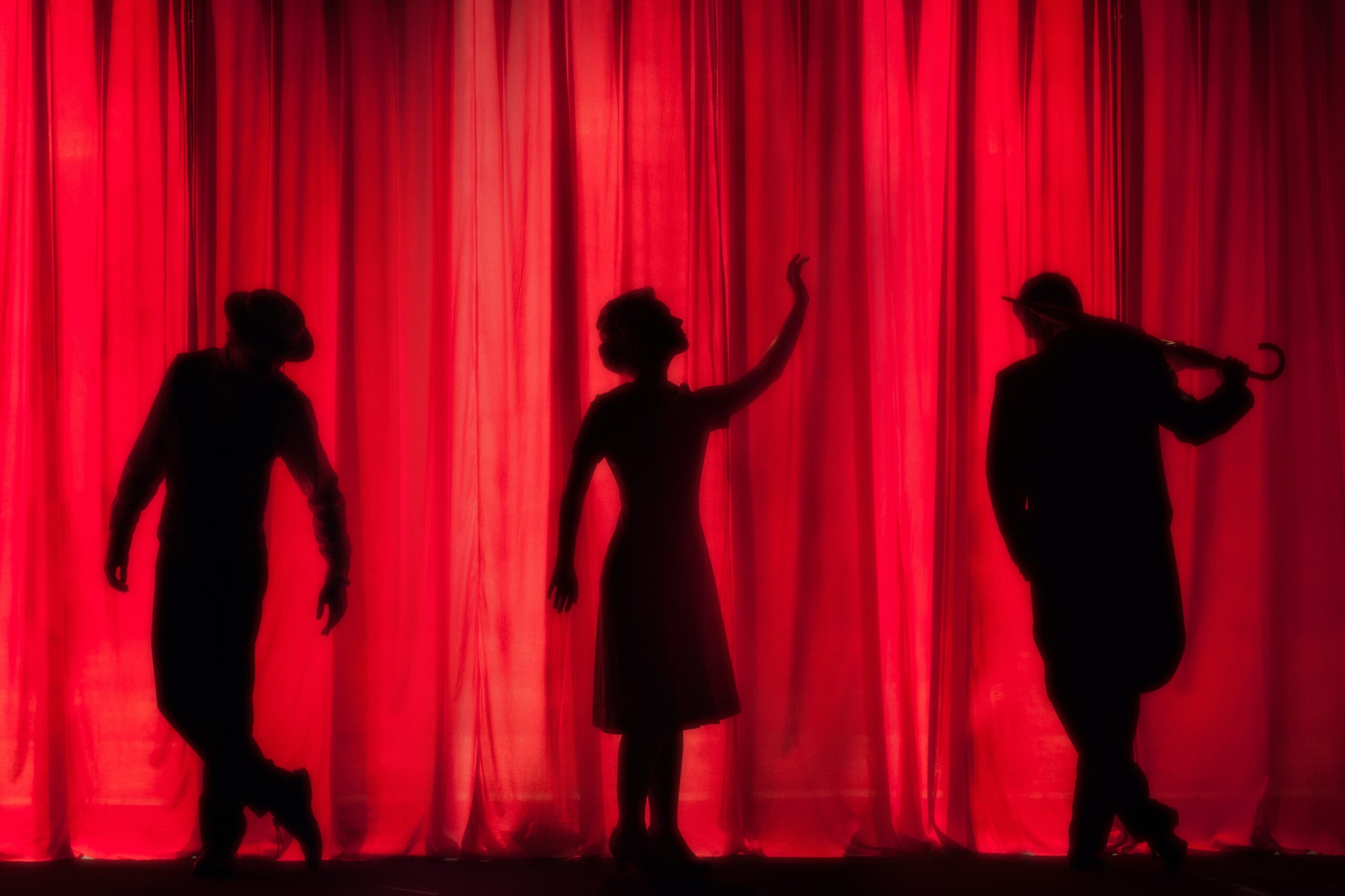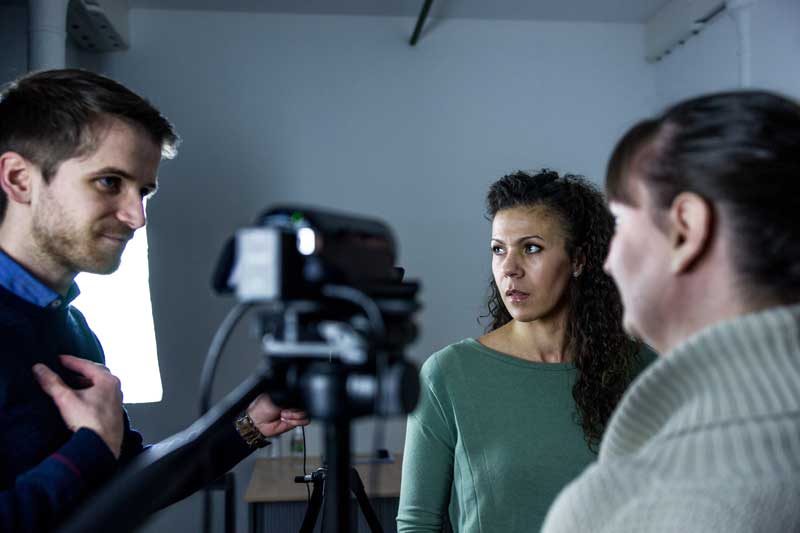
If you’re new to screen acting, this is one of the most common (and completely valid) questions people ask before signing up for classes. As with most things, the answer depends on multiple factors. However, it’s probably not as long as you might think.
The first few weeks: feeling awkward is normal
Almost everyone feels strange on camera at first. You’re suddenly aware of your face, your voice, your hands… everything. This isn’t a lack of talent; it’s just unfamiliarity. Acting on camera asks you to do less, not more, and that takes adjustment.
Most beginners start to relax after two to three weeks of regular screen acting classes, once the camera stops feeling like a spotlight and starts feeling like a tool.
One to three months: building confidence and control
With consistent training, many actors notice a real shift within the first one to three months. You begin to understand:
- How subtle your performance needs to be for TV
- Where to focus your attention in a scene
- How to stay present instead of being performative
This is usually the point where actors stop worrying about how they look and start concentrating on telling the story.
Three to six months: feeling natural on camera
For most people, feeling genuinely comfortable on camera happens around the three to six month mark. By now, you’ve likely:
- Watched back multiple performances
- Received constructive, specific feedback
- Worked on different scene styles and emotions
The camera starts to feel familiar rather than intimidating, and that’s when performances become believable.
Can you learn camera skills faster?
Progress comes faster when training includes:
- Regular on-camera practice
- Playback and feedback
- Industry-relevant scenes and scripts
Casual practice helps, but structured screen acting training makes a huge difference. Our TV acting classes in Manchester can provide you with the tools and guidance to act with ease and naturalness on screen.
With the right support, most actors are surprised by how quickly confidence starts to grow.












